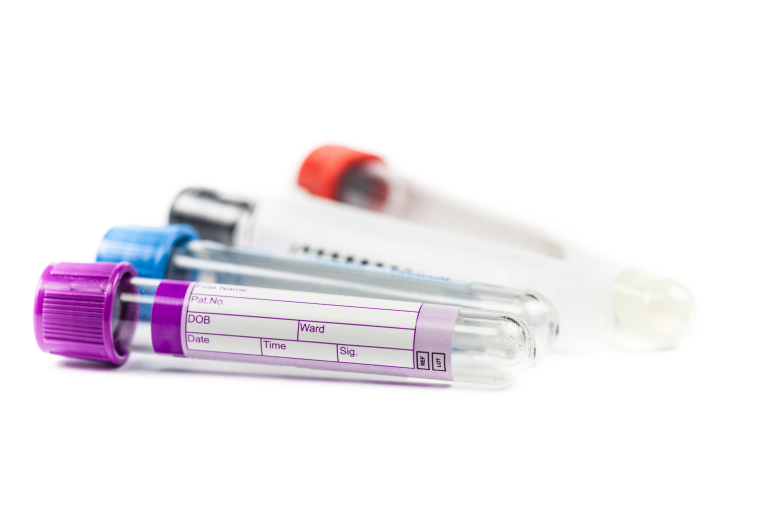Pros and Cons of Regular Blood Sugar Testing
Empowering Better Management
Regular blood sugar testing plays a pivotal role in the management of blood sugar issues, offering invaluable insights and guidance for individuals struggling with diabetes or other related conditions.
However, like any medical practice, there are both benefits and drawbacks to consider. Let’s delve into the pros and cons of regular blood sugar testing to better understand its impact on overall health and wellness.
Pros:
- Early Detection of Blood Sugar Fluctuations: Regular testing allows individuals to detect blood sugar fluctuations early, enabling prompt intervention and preventing potentially dangerous highs or lows.
- Personalized Treatment Planning: By tracking blood sugar levels over time, individuals and healthcare providers can develop personalized treatment plans tailored to the individual’s specific needs, optimizing blood sugar control and overall health outcomes.
- Empowerment Through Knowledge: Blood sugar testing provides individuals with valuable information about how their lifestyle choices, such as diet and exercise, impact their blood sugar levels. This knowledge empowers individuals to make informed decisions and take proactive steps to manage their condition effectively.
- Monitoring Treatment Efficacy: For those on medication or insulin therapy, regular blood sugar testing allows for ongoing assessment of treatment efficacy. Adjustments can be made as needed to ensure optimal blood sugar control and prevent complications.
- Prevention of Long-Term Complications: By maintaining tight control over blood sugar levels through regular testing, individuals can reduce their risk of developing long-term complications associated with uncontrolled diabetes, such as nerve damage, kidney disease, and cardiovascular issues.

Cons:
- Discomfort and Inconvenience: Regular blood sugar testing involves pricking the finger or using continuous glucose monitoring devices, which can be uncomfortable and inconvenient, especially for those who are needle-phobic or have sensitive skin.
- Cost of Supplies: Blood glucose testing supplies, including test strips and lancets, can be expensive, particularly for those without adequate insurance coverage. The cost of continuous glucose monitoring systems can also be prohibitive for some individuals.
- Emotional Impact: For some individuals, frequent blood sugar testing can lead to feelings of anxiety, stress, or frustration, particularly if blood sugar levels are consistently out of range despite efforts to control them. This emotional burden can affect overall well-being and quality of life.
- Risk of Hypoglycemia: Overly frequent blood sugar testing, especially in individuals using insulin or certain medications, may increase the risk of hypoglycemia (low blood sugar). This can be dangerous and may require immediate treatment to raise blood sugar levels to a safe range.
- Interference with Daily Activities: Constantly monitoring blood sugar levels can feel like a constant intrusion into daily life, disrupting activities such as work, exercise, or socializing. This can lead to feelings of frustration or resentment towards the condition and its management.
In conclusion, while regular blood sugar testing is essential for effectively managing blood sugar issues and preventing complications, it is important to consider both the benefits and drawbacks. By weighing the pros and cons and working closely with healthcare providers, individuals can develop a personalized testing regimen that supports their overall health and well-being while effectively managing their blood sugar levels.





